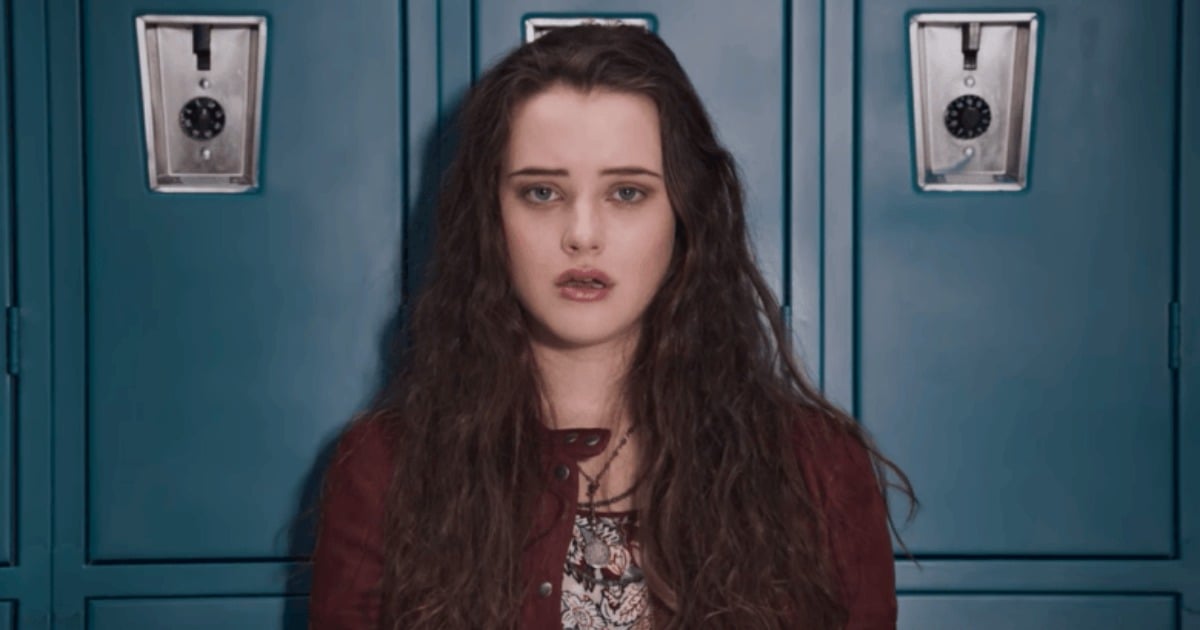In the weeks since its release, the Netflix original series 13 Reasons Why has broken records, divided audiences and fueled a lot of discussion.
Its graphic depiction of suicide has been both celebrated and chastised, dominating debate about the series. Yet there is a whole lot more to 13 Reasons Why than Hannah Baker’s suicide. Friendship issues, bullying, teenage romance, underage drinking, drug use, sexual pressure, same sex relationships and rape are all portrayed.
This intimate glimpse into an albeit fictional teenage world is exactly why teachers everywhere need to watch 13 Reasons Why.
Teachers are in the unique and powerful position of being an integral part of the teenage world, this is clear through Hannah’s tapes and the strong role that both Mr Porter and Mrs Bradley play.
Although students are often unwilling to admit it, teachers play an important role in their secondary school experience. They look to them (often without realising it) for support and guidance through a period of their life which is undeniably characterised by rapid change and growth both physically and emotionally.
It is also undeniable that the most important and equally challenging element of a teacher’s job is ensuring the wellbeing of their students. So, with young people everywhere watching and talking about 13 Reasons Why it would be remiss of teachers to miss a critical opportunity to normalise and encourage discussion about the commonly occurring topics that are conveyed throughout the series.



Top Comments
This showed is so good. It perfectly captures what high school is all about. I genuinely know people who have experienced each of the "situations" Hannah talks about it. If teenagers, teachers and parents all watch it, maybe it will transform the way teenagers act to each other and the way parents and teachers handle it.
Its a very heavy show and it really weighs on you, but it is too important to not watch.